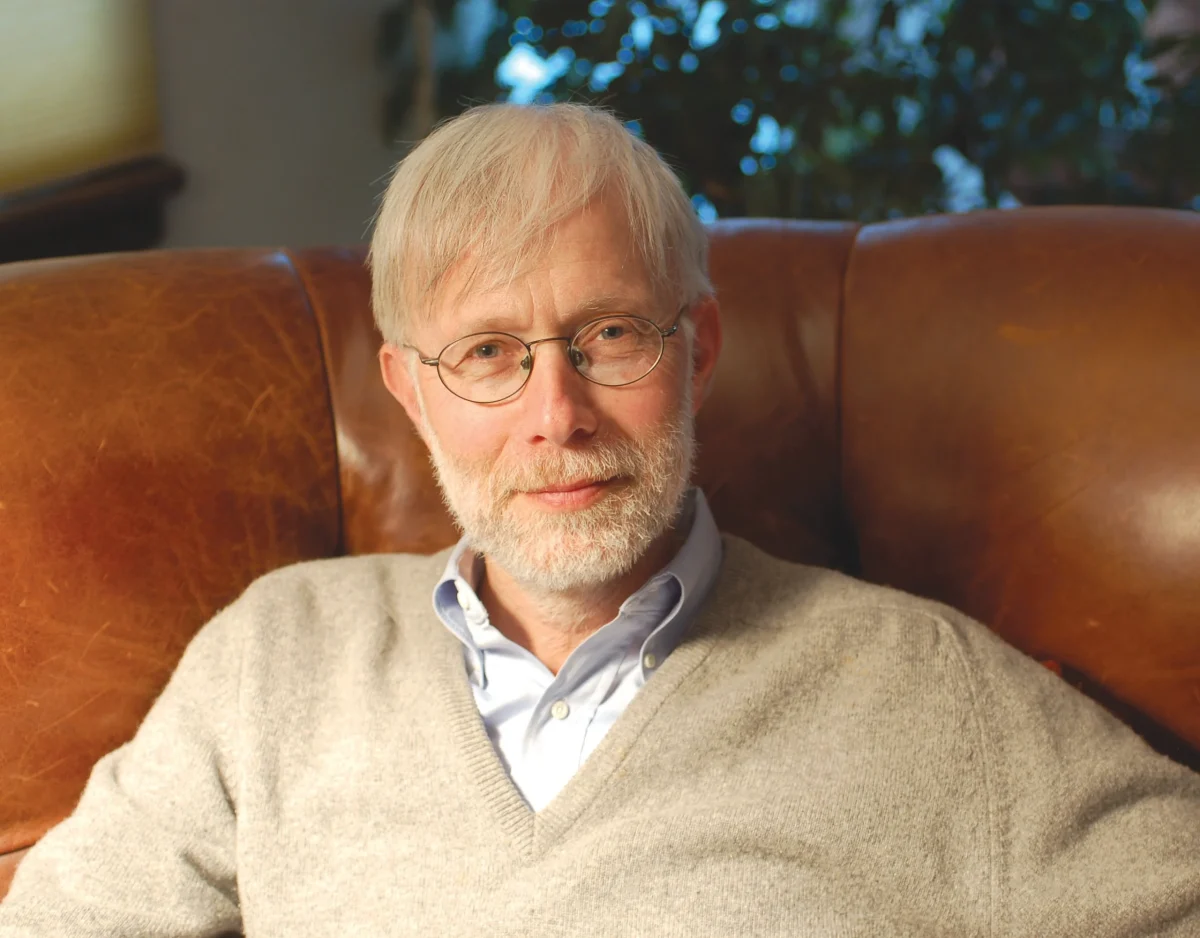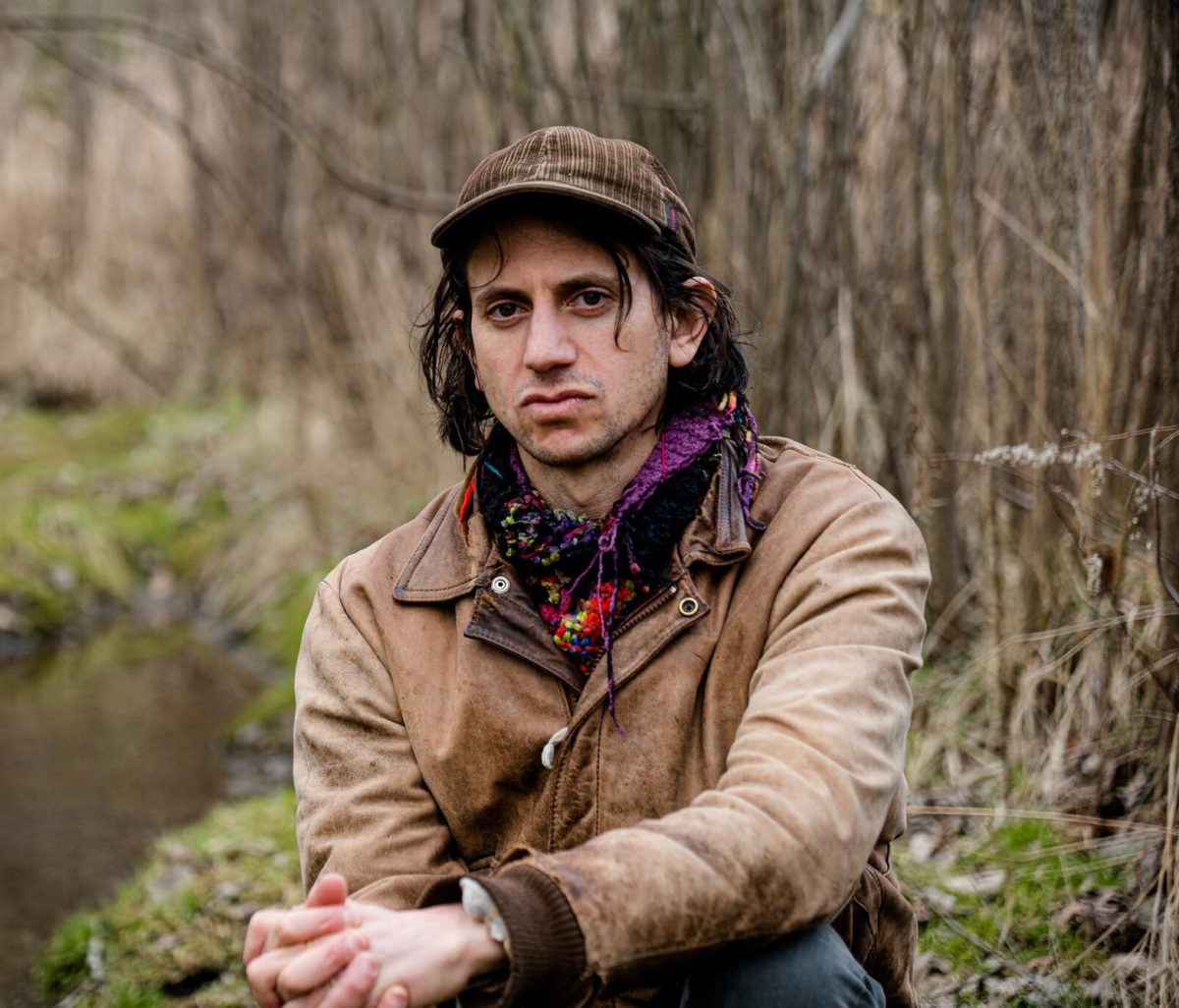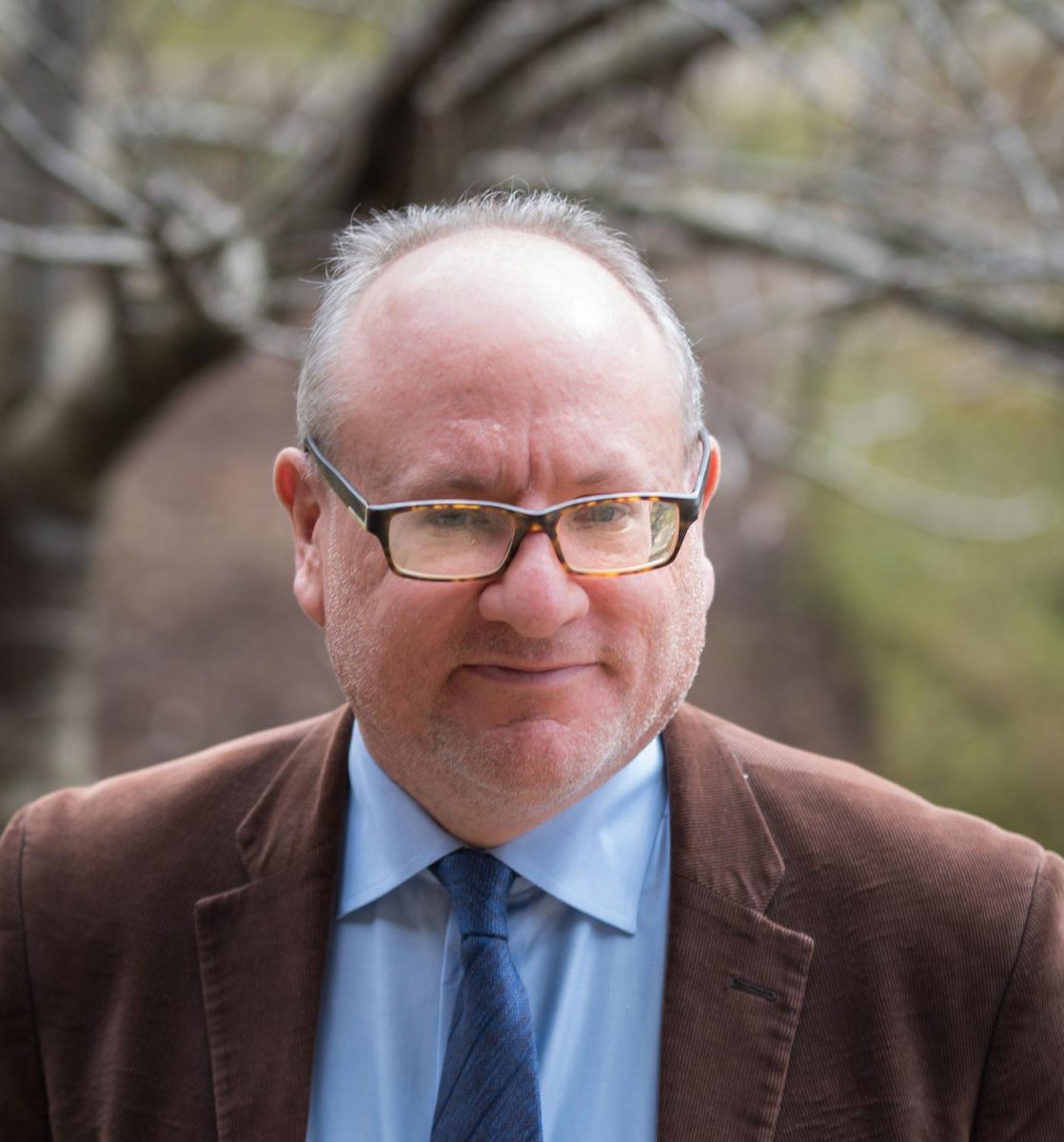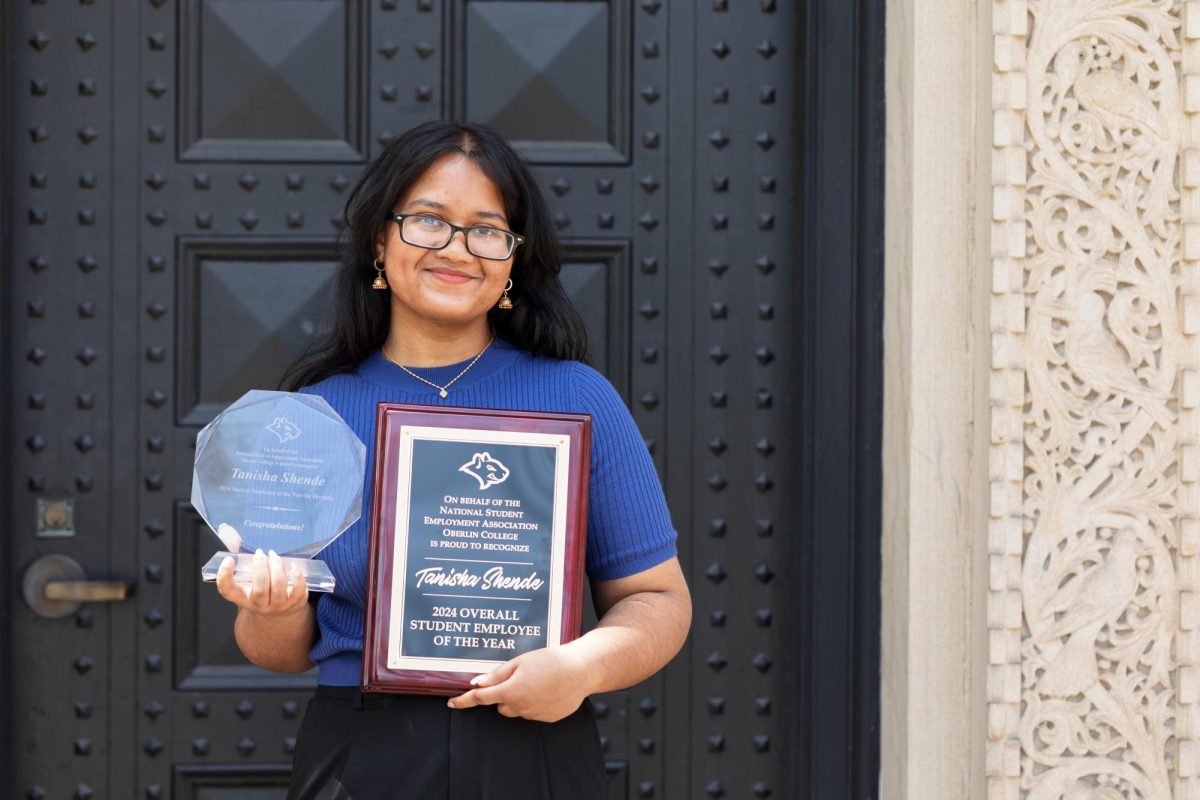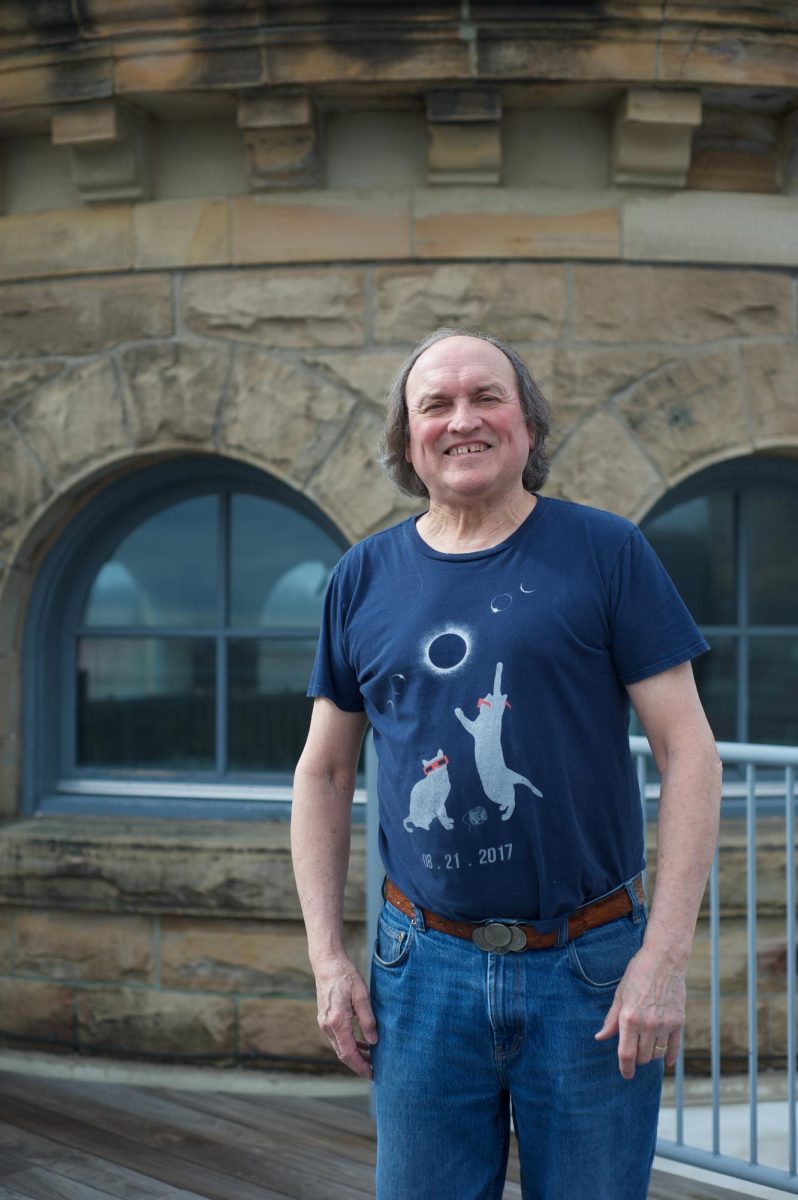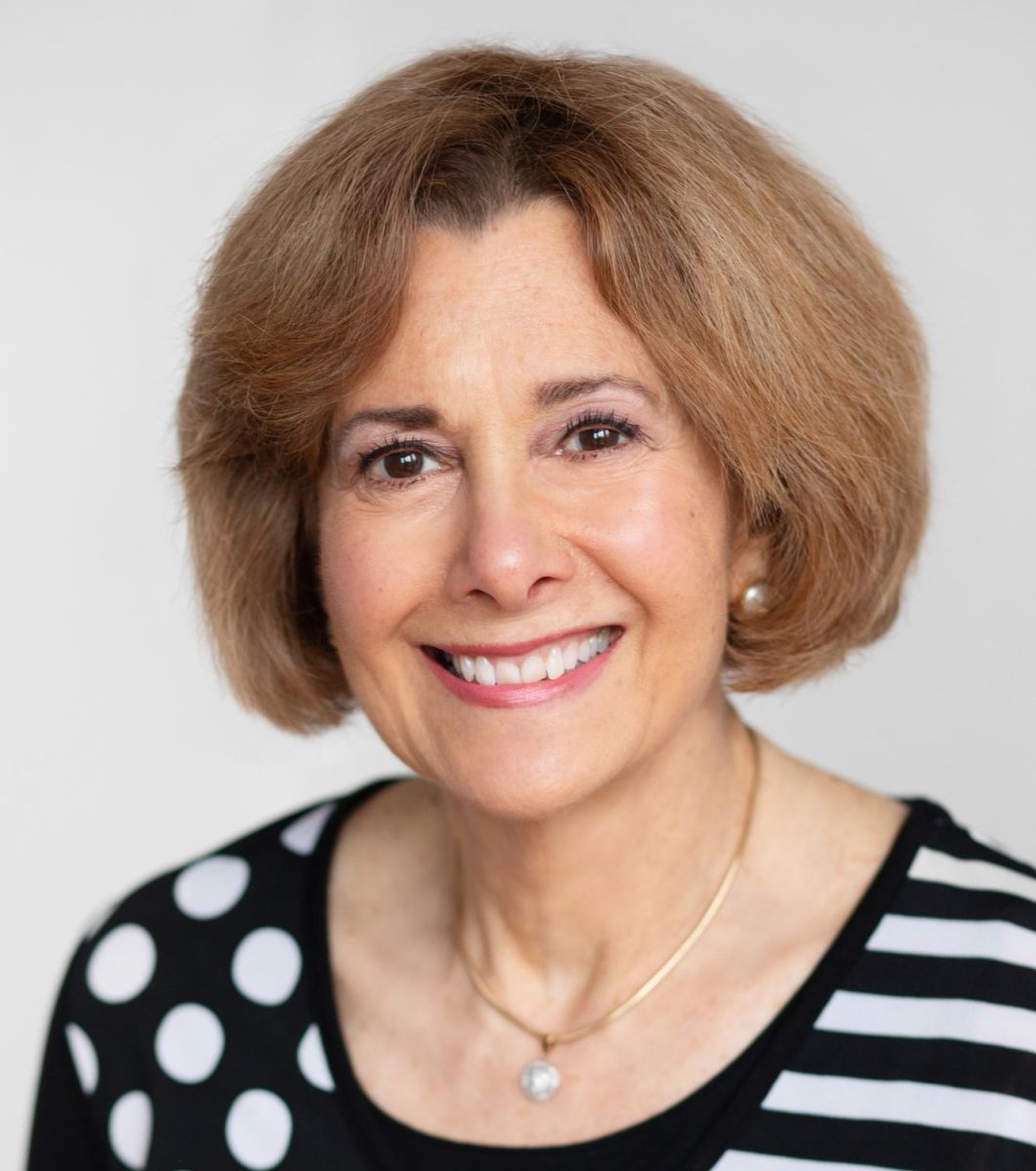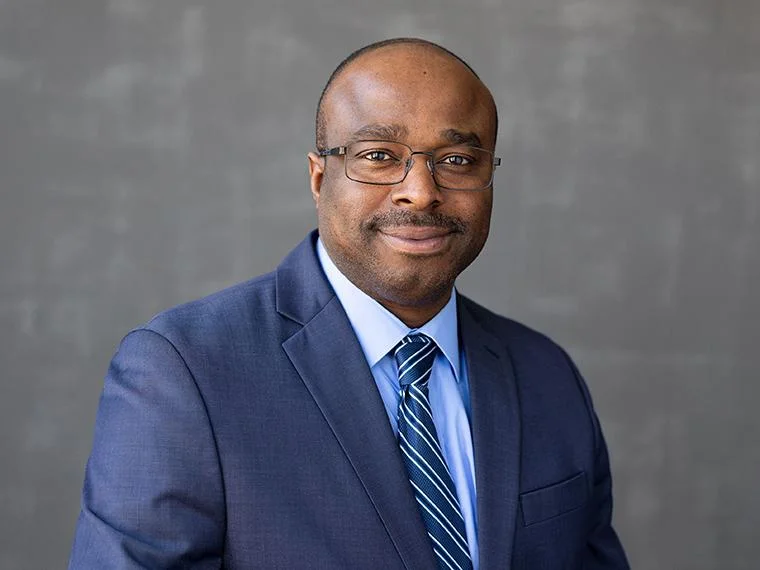Emily Winfield is a prevention specialist at The LCADA Way, an organization dedicated to providing support for people struggling with addiction in Lorain, Medina, and Erie Counties. A graduate of the University of Mount Union as a public health major, she helps people in Lorain County struggling with addiction to substances and gambling.
This interview has been edited for length and clarity.
How did growing up in Oberlin affect your work?
I love Oberlin. I’ve lived here for my whole entire life, essentially. I did move away for about 10 years, but I’ve been back since 2020. I feel like it is a special place. Everyone says, “Oh, they just love Oberlin.” I feel like as much as I love Oberlin, there’s also more, and I feel like we are one of those towns that some things just aren’t talked about when they should be. Addiction is still one of those topics that is stigmatized. If a person has an addiction, they are seen as having failed as a person, when in reality, that’s not the case. It’s actually a brain disease. Having these conversations, especially with youth, is a way that we can prevent this by ensuring that they have the understanding and the education so that they can make good decisions when that time comes.
I just think Oberlin shaped me into who I am. There are some people who come from the upper middle class and interact with only people of their kind, whereas I feel like I have had a mixture of everything. With prevention for substance use disorders, this is something that affects everyone. It is a conversation that should be had at any level with anyone because again, it can happen to anyone. Addiction doesn’t discriminate. It doesn’t care who you are.
When did you realize that you wanted to be a prevention specialist?
I’ve always been interested in substances since high school. I went to a private school in the County, and again, it was a very hush-hush topic back then. I graduated in 2013, so it has been a little bit over 10 years. And even back then, it was like, “Okay, we’re going to do one week of drug and alcohol facts and then move on.” And I always was so excited for that week because I just think it’s so interesting how people get into this stuff. I understand now that that’s why that person acted that way because their brain chemistry was changing. We didn’t learn that in school. I didn’t know it was a disease. I didn’t know that it actually changes the way a person’s brain is functioning. When I got to college at the University of Mount Union, I was a public health major. Public health is such a broad field, but I always had a special place for substances. It really wasn’t until my sophomore year I took a substance use and abuse class, and it was my favorite class. It just really opened my eyes, and it really wasn’t until after I graduated college when I realized, “Oh, this is actually a job”.
Now that I’m coming into five years of being at The LCADA Way, I’m like, “This is where I need to be. This is my calling to talk about this.” Because unfortunately, there are some people who still can’t have these conversations. And I like to be that person to have difficult conversations and to educate and inform people.
Can you describe a little bit about the specific actions that The LCADA Way has done throughout this year?
I am school-based and community-based. So, I work with a lot of schools on an individual level and work with administration and students on just guiding students and helping them. Whereas with community-based, I am the leader of the Vaping Task Force of Lorain County, so I help organize town halls. That’s what we’re really focusing on this year. Vaping is the new hot topic now, because it’s not as safe as people think it is. Just trying to get that information to everyone out there is a really good goal that we try to have. I am also part of Beat the Odds, which is the Lorain County Problem Gambling Coalition. With sports betting being legalized for a little over a year now, we are starting to see that people do need help with their betting and gambling.
The Vaping Task Force is a group of community organizations, individuals, and schools. We’re just a group of people who specialize in knowledge of vaping, resources, and access to how to get to those resources. We are focusing on how vaping can be harmful for teenagers and also people as they get older because this can have lasting damage. Currently, we are preparing for our next town hall meeting, which will be at El Centro in Lorain, on April 23 in English and April 30 in Spanish. That’s really nice because we do realize that there aren’t really a lot of people that have access to this kind of information in their native language of Spanish.
How did you become involved in working with the Oberlin high school and middle school?
I was in the high school with their health classes. I was doing a curriculum called Risky Business, which focuses on substance use and abuse. It goes into all of the substances, but I really try to focus on alcohol, marijuana, vaping, and sometimes prescription medications as well. It really talks about what decision-making is, what healthy relationships are, and how gambling can be an addiction as well. I was only there for about a year because I only had one or two classes. Then, this past year, we started to have a conversation again with the schools on how we can implement LCADA into our schools because we are starting to see a need for a person that students can talk to about substances and give information and resources.
We know that vaping is a hot thing right now for teenagers. I have teenagers that have come up to me before in the past and said, “Hey, I vape. I know I shouldn’t and I don’t want to get in trouble.” I say “Okay, this is how, these are some resources we can get you into and quit. I want you to see me once a week so I can check in on you.” Oberlin is facing issues just like any other high school. The fact that they are using resources that the community has and bringing them in is something that has the attitude of “Let’s see what we can do and how we can have future partnerships as well.”
What are some of the other issues in the community that The LCADA Way is trying to address?
Just like any other county, or any other state, really, in the United States, we have seen an uptick in overdoses due to the opioid epidemic that has unfortunately been in our nation. We are just trying to provide those resources. I have family members who struggle with addiction, too. That’s kind of why I really wanted to get into this field because I see how it happened to my own family members. People don’t have to go through this alone. We do know that fentanyl is a killer and people unfortunately are able to access it through the streets. It could have started with something as simple as an injury during high school and they were put on some opioids and then it kind of just spiraled from there. We are starting to see that, and we really want to help people with those kinds of addictions and get them the treatment that they need and that they deserve too, as well.





